Israel
Geography
Israel, officially known as the State of Israel, is a country in Western Asia, located on the eastern shore of the Mediterranean Sea. It is bordered by Lebanon to the north, Syria to the northeast, Jordan on the east, and Egypt to the southwest. The Palestinian territories of the West Bank and Gaza Strip to the east and west, respectively, and the Golan Heights are also adjacent. Israel's sovereignty over East Jerusalem is internationally disputed.


The total area of Israel, excluding the territories claimed but not recognized internationally, is approximately 20,770 square kilometers. The country is characterized by a diverse range of geographical features, from the Negev desert in the south, the coastal plains along the Mediterranean Sea, the central hills, and the Jordan Rift Valley to the east.
History
The history of Israel as a state begins with its establishment on 14 May 1948, but the region has a long and complex history dating back thousands of years. The land has seen numerous conquests and periods of control by different empires and groups, including the Ancient Egyptians, Canaanites, Philistines, Assyrians, Babylonians, Persians, Greeks, Romans, Byzantines, Islamic Caliphates, Crusaders, Ottoman Turks, and the British Empire.
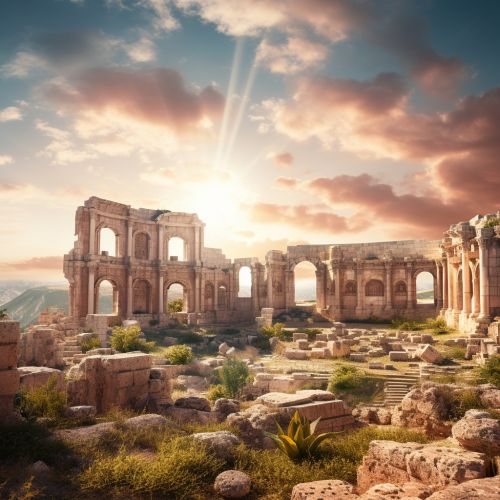

The modern State of Israel was established in the aftermath of World War II, as a homeland for the Jewish people, following the horrors of the Holocaust. The establishment of the state was met with conflict from neighboring Arab countries, leading to the 1948 Arab-Israeli War. This was the first of several wars and conflicts between Israel and its neighbors, including the Six-Day War in 1967 and the Yom Kippur War in 1973.
Demographics
As of 2021, Israel's population is estimated to be approximately 9.3 million, making it the 100th most populous country in the world. The majority of the population is Jewish, making up about 74.2% of the population. The country's significant minority groups include Arabs, who make up about 20.9% of the population, and non-Arab Christians and people with no religion, who make up the remaining 4.8%.
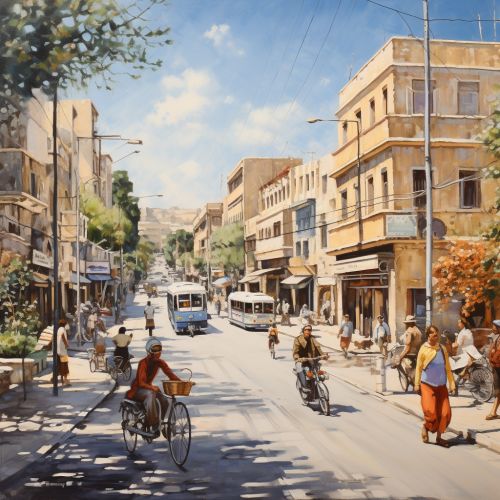
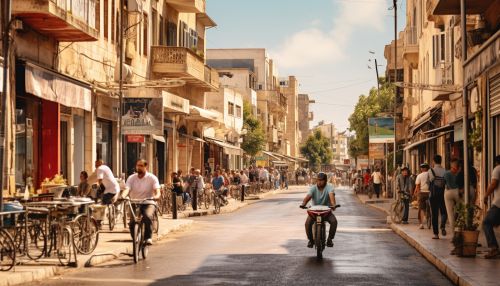
The official languages of Israel are Hebrew and Arabic. Hebrew is the primary language of the state and is spoken by the majority of the population. Arabic is spoken by the Arab minority and by some members of the Jewish population.
Economy
Israel has a technologically advanced market economy with a strong, high-tech industrial sector. Despite its small size, Israel is home to a number of global tech giants and is often referred to as the "Start-up Nation". The country ranks high in the Ease of Doing Business Index and has a high standard of living.


Major industries in Israel include high-tech and industrial manufacturing, telecommunications, information technology, bio-medical, agro-technology, and tourism. The country is also a global leader in water conservation and geothermal energy.
Politics
Israel operates under a parliamentary system as a democratic republic with universal suffrage. The President of Israel is the head of state, but the role is largely ceremonial. The Prime Minister is the head of government and is responsible for running the country's day-to-day affairs.
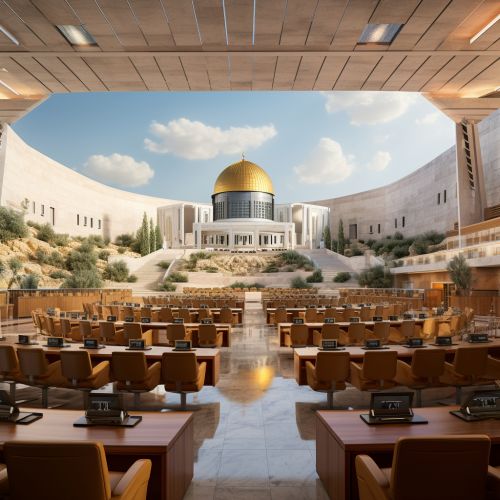

Israel has a multi-party system, with numerous parties represented in the Knesset, Israel's parliament. The country's political system is characterized by coalition governments due to the proportional representation voting system.
Culture
Israel's culture is diverse and influenced by the various ethnic groups that make up its population. The country is known for its contributions to arts, science, and humanities. Israeli literature, music, cinema, and dance are part of the cultural landscape, as are its numerous museums, including the Israel Museum in Jerusalem.
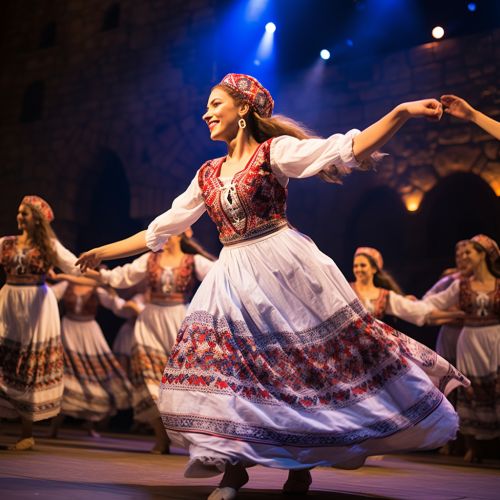

Israeli cuisine is diverse and includes local dishes as well as foods brought to the country by Jewish immigrants from around the world. The country is also known for its achievements in sports, particularly in soccer and basketball.
